The Department of Anthropology is thrilled to welcome its 2023-24 first-year graduate cohort to Brown! From socio-cultural and medical anthropology to linguistic and environmental, this year's cohort brings a full spectrum of research interests.
Anthropology
Date
August 15, 2023
Meet the 2023-24 First-Year Graduate Cohort
The Department of Anthropology is thrilled to welcome its 2023-24 first-year graduate cohort to Brown! From socio-cultural and medical anthropology to linguistic and environmental, this year's cohort brings a full spectrum of research interests.
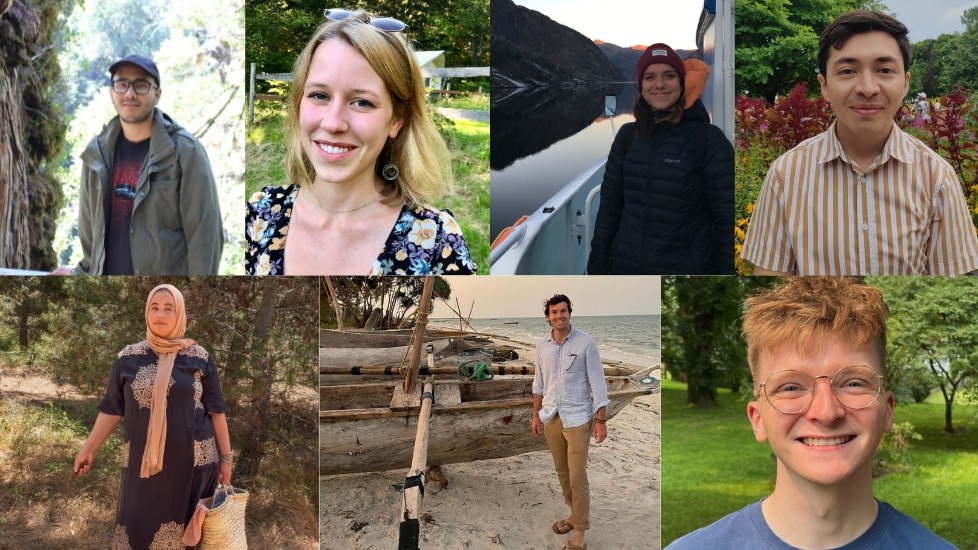
1
of
1
Pictured from left to right (top row): Gonzalo Aguirre, Mira Guth, Madeline Nicholson, and Moisés Herrera-Parra Pictured from left to right (bottom row): Ashley J. May, Daniel Krugman, and Creighton Burns
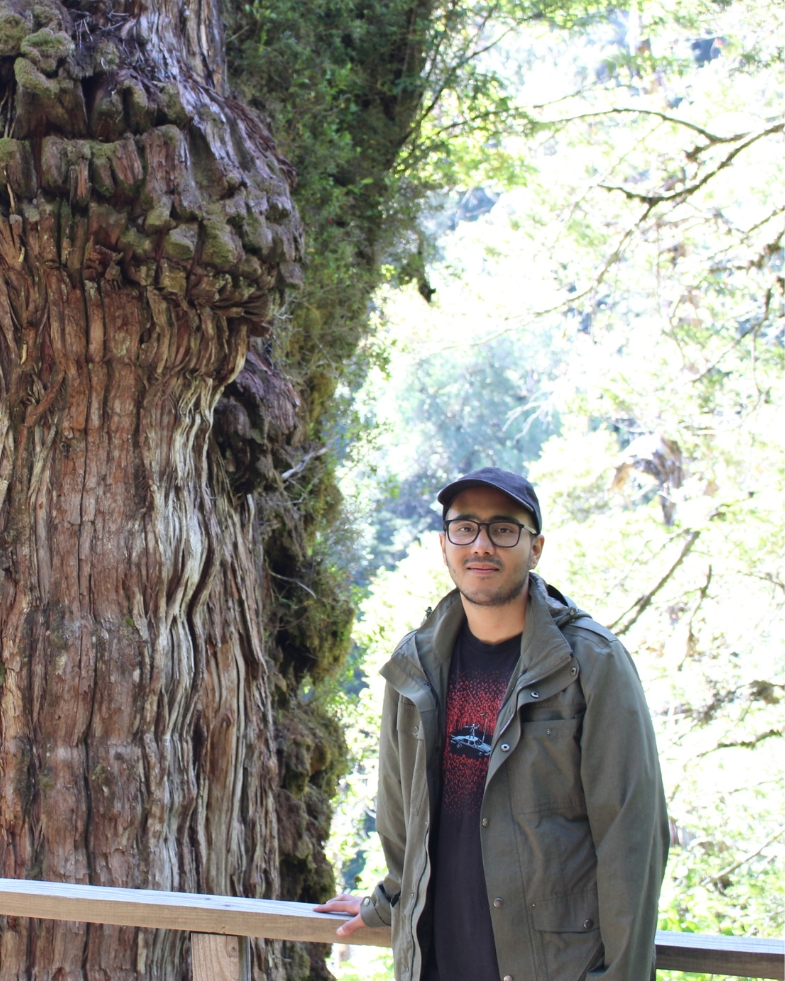 "My name is Gonzalo Aguirre and I'm from Chile. I earned a B.A. in Anthropology from the Catholic University of Chile and an M.A. in Sociology from Alberto Hurtado University.
"My name is Gonzalo Aguirre and I'm from Chile. I earned a B.A. in Anthropology from the Catholic University of Chile and an M.A. in Sociology from Alberto Hurtado University.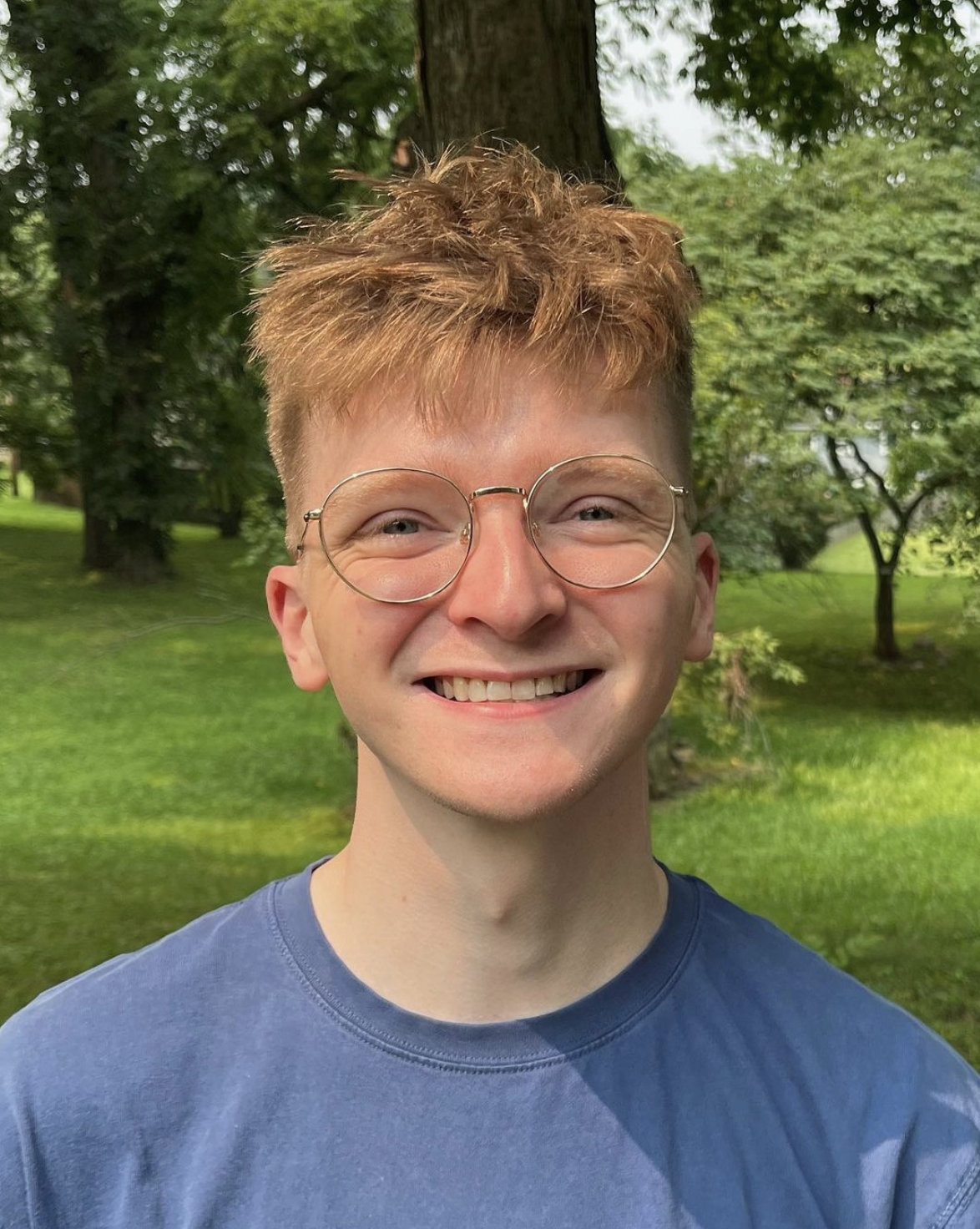 "My name is Creighton Burns, I graduated with the Class of 2023 at Purdue University with a B.A. in Anthropology and a focus on environmental toxicity and medical humanities.
"My name is Creighton Burns, I graduated with the Class of 2023 at Purdue University with a B.A. in Anthropology and a focus on environmental toxicity and medical humanities. 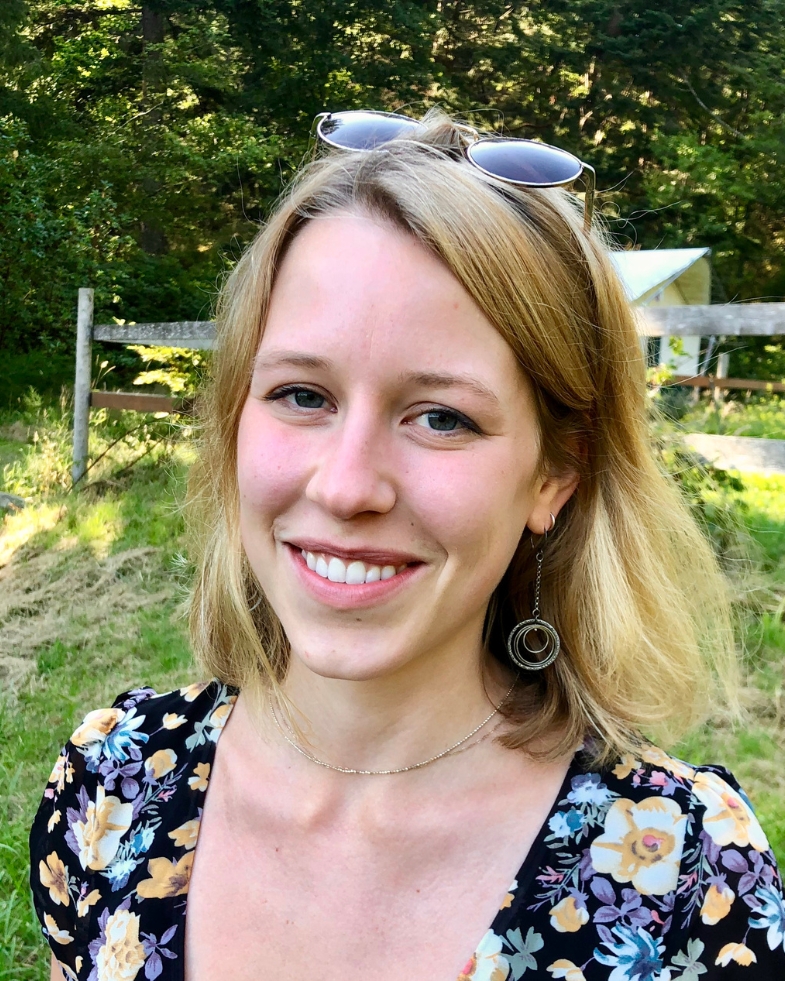 "My name is Mira Guth and I hold a B.A. from Wesleyan University in the Science in Society Program, with concentrations in anthropology and environmental science. This summer I will graduate from the University of Oslo (UiO) with an MPhil in Development, Environment, and Cultural Change.
"My name is Mira Guth and I hold a B.A. from Wesleyan University in the Science in Society Program, with concentrations in anthropology and environmental science. This summer I will graduate from the University of Oslo (UiO) with an MPhil in Development, Environment, and Cultural Change. 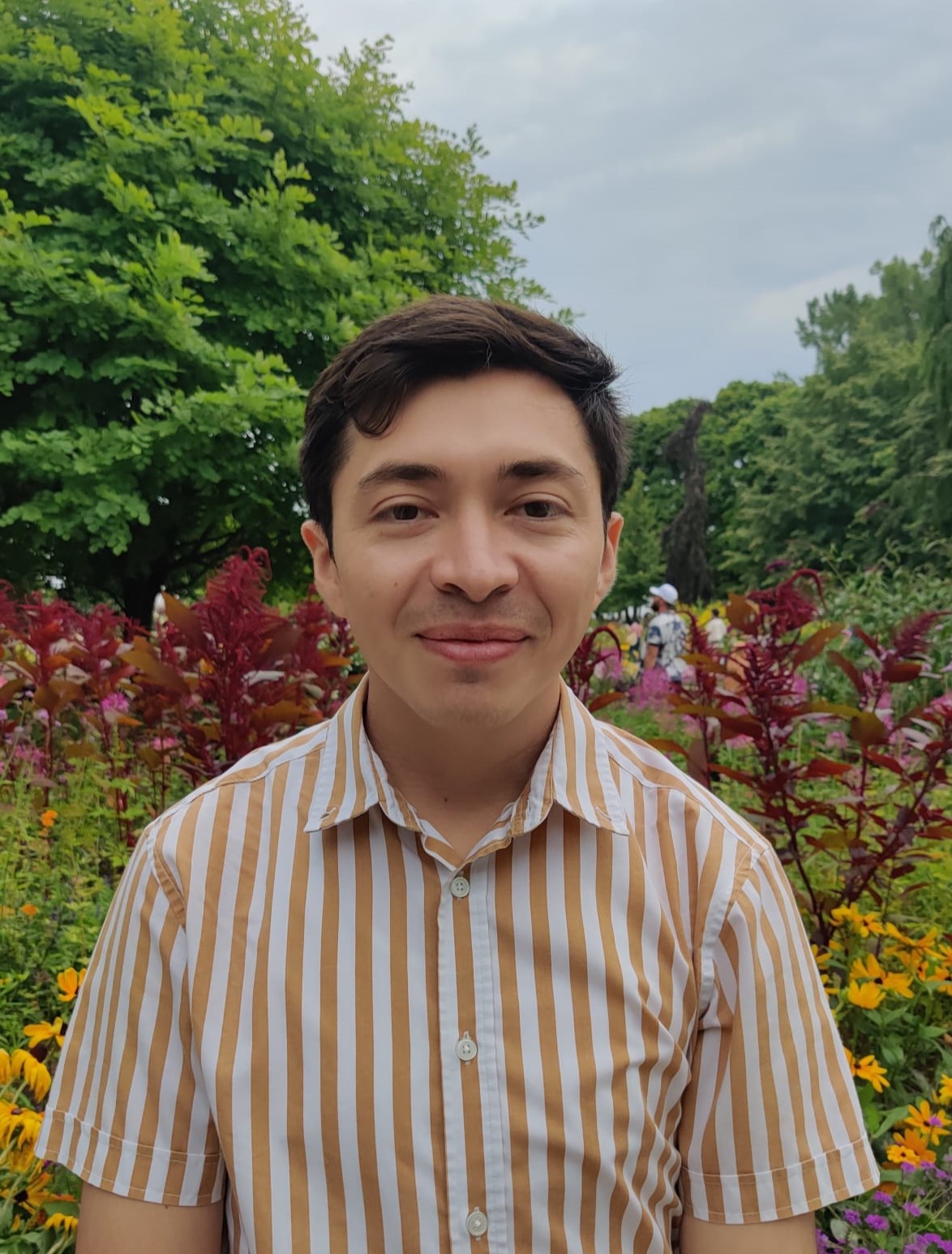 "My research focuses on diet, foodways, and agricultural practices of the pre-Hispanic Classic Maya (300-900 AD) in the Middle Usumacinta region in Mexico. Using a paleoethnobotanical approach that involves identifying starch grains, phytoliths, and macrobotanical remains, my research aims to comprehend the combinations, cooking techniques, ancient culinary preferences, and their social connotations. Lately, my research has delved into exploring how past ingredients and cooking activities may have stimulated sensory experiences, thereby influencing the daily lives of the Maya people. More broadly, I am interested by the intricate interplay between the senses, food, and agricultural production practices within Maya society."
"My research focuses on diet, foodways, and agricultural practices of the pre-Hispanic Classic Maya (300-900 AD) in the Middle Usumacinta region in Mexico. Using a paleoethnobotanical approach that involves identifying starch grains, phytoliths, and macrobotanical remains, my research aims to comprehend the combinations, cooking techniques, ancient culinary preferences, and their social connotations. Lately, my research has delved into exploring how past ingredients and cooking activities may have stimulated sensory experiences, thereby influencing the daily lives of the Maya people. More broadly, I am interested by the intricate interplay between the senses, food, and agricultural production practices within Maya society."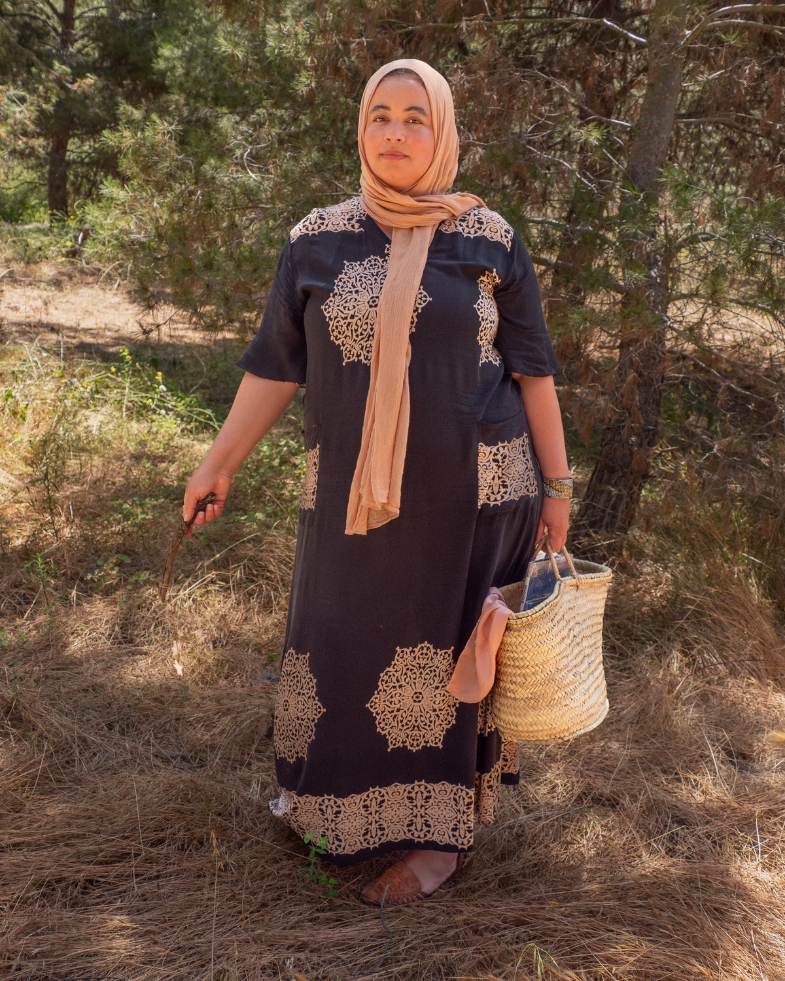 "Ashley J. May graduated from the University of California, Los Angeles with a B.A. in Women’s Studies - Feminist Theory and Policy Studies concentration (‘01) and from the University of Southern California with an M.S. in Education, focusing on the psychocultural contexts of education (‘04).
"Ashley J. May graduated from the University of California, Los Angeles with a B.A. in Women’s Studies - Feminist Theory and Policy Studies concentration (‘01) and from the University of Southern California with an M.S. in Education, focusing on the psychocultural contexts of education (‘04).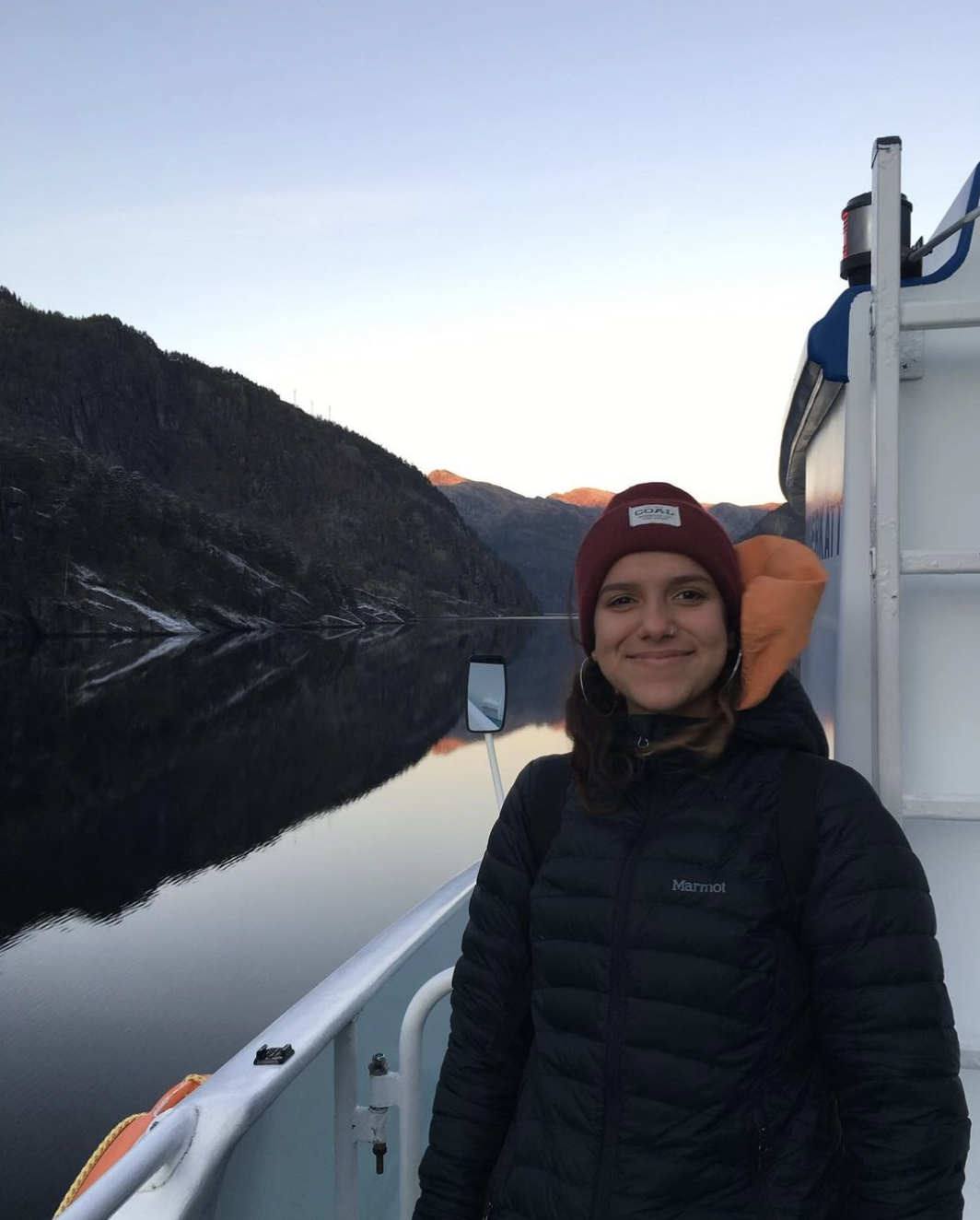 "At Brown, I will be training to be a socio-cultural and medical anthropologist, with a focus on reproductive healthcare and adoption. I am interested in the ways in which medical and legal systems intertwine and impact the reproductive experiences of women of color in the United States and Scandinavia. My thesis at Colorado College utilized organizational ethnography to explore community and legal based strategies to uphold the Indian Child Welfare Act (ICWA) and defend Indigenous kinship systems in Minneapolis, MN.
"At Brown, I will be training to be a socio-cultural and medical anthropologist, with a focus on reproductive healthcare and adoption. I am interested in the ways in which medical and legal systems intertwine and impact the reproductive experiences of women of color in the United States and Scandinavia. My thesis at Colorado College utilized organizational ethnography to explore community and legal based strategies to uphold the Indian Child Welfare Act (ICWA) and defend Indigenous kinship systems in Minneapolis, MN. 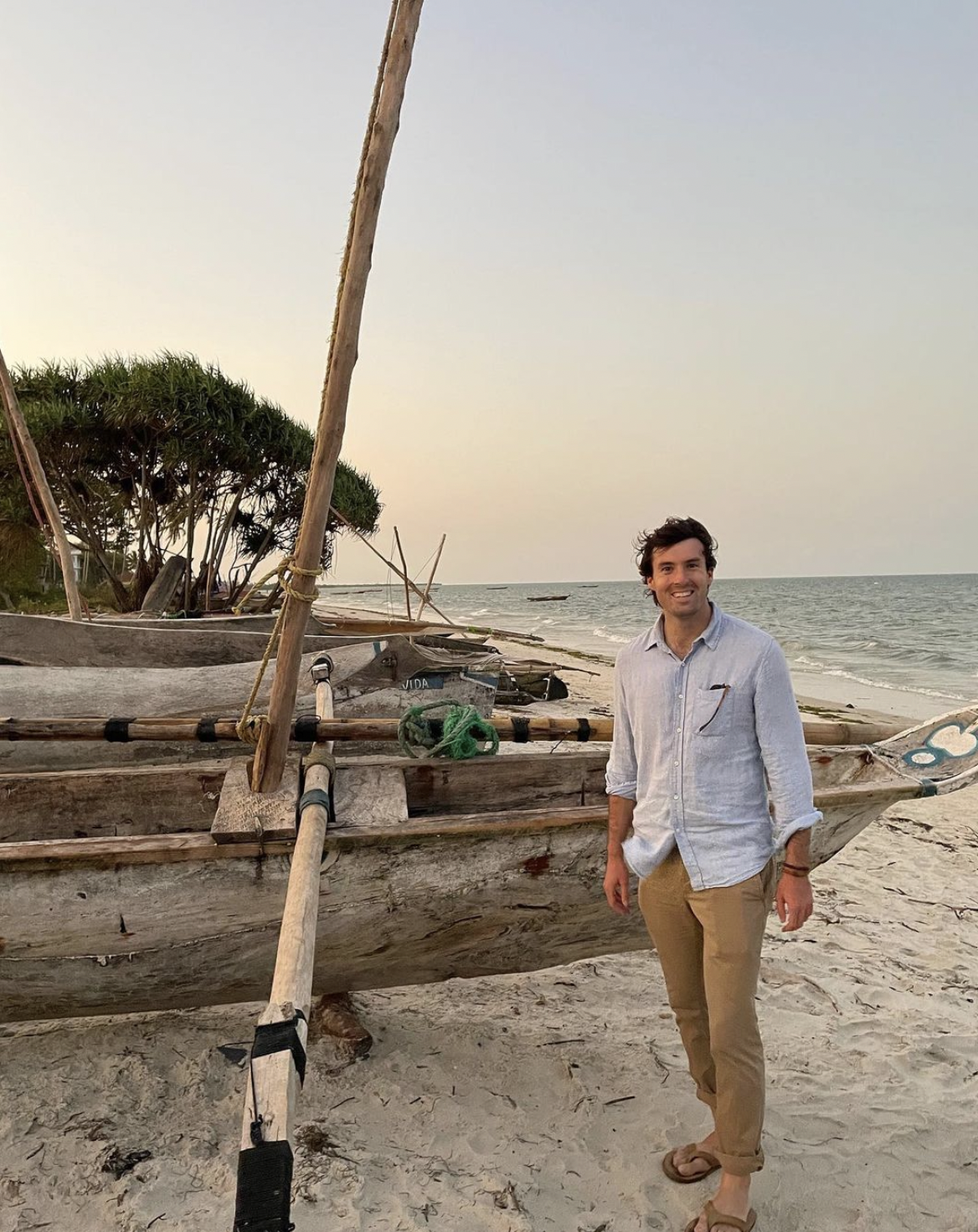 "I graduated from Middlebury College with a degree in anthropology in 2021, and an MSPH in International Health from Johns Hopkins University in 2023
"I graduated from Middlebury College with a degree in anthropology in 2021, and an MSPH in International Health from Johns Hopkins University in 2023